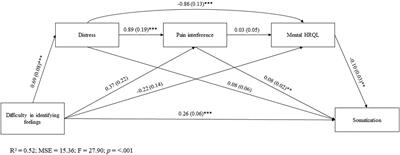EDITORIAL
Published on 16 Feb 2022
Editorial: Personality and Disease: New Directions in Modern Research
doi 10.3389/fpsyg.2021.828337
- 1,587 views
- 1 citation
7,300
Total downloads
48k
Total views and downloads
EDITORIAL
Published on 16 Feb 2022
SYSTEMATIC REVIEW
Published on 03 Nov 2021

PERSPECTIVE
Published on 05 May 2021

PERSPECTIVE
Published on 01 Feb 2021

BRIEF RESEARCH REPORT
Published on 14 Jan 2021

BRIEF RESEARCH REPORT
Published on 27 Oct 2020

ORIGINAL RESEARCH
Published on 06 Aug 2020
